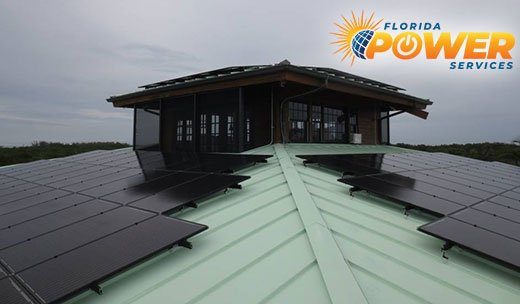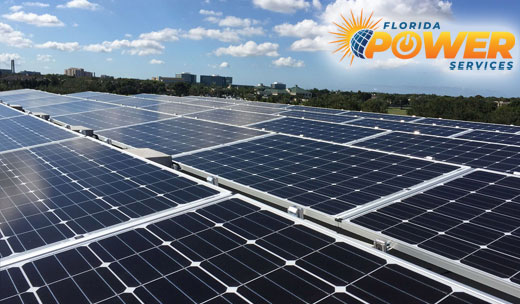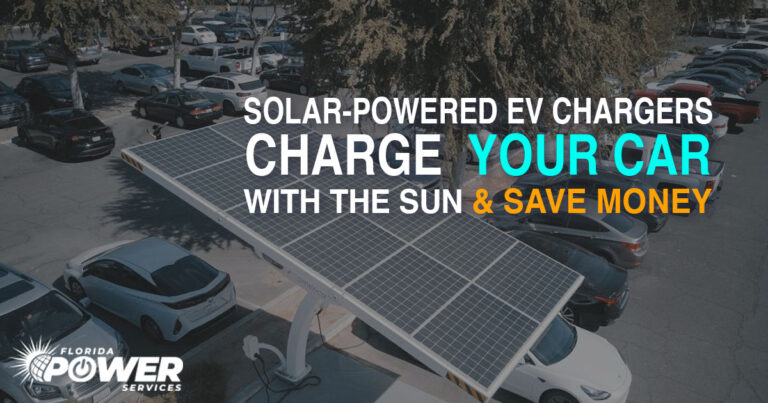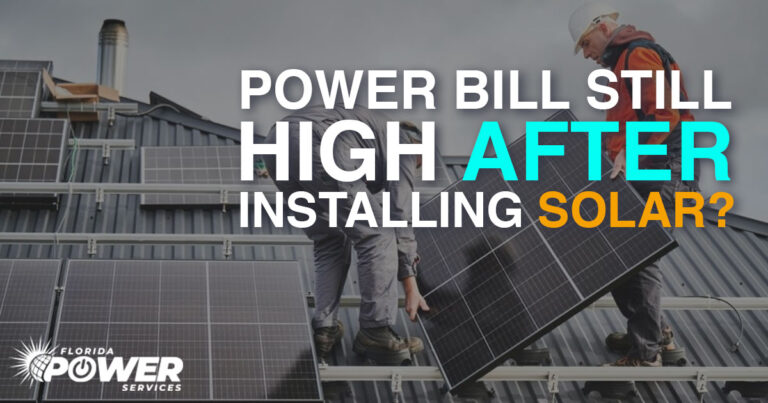Federal Solar Tax Credit
One of the most significant incentives available to Florida residents is the federal solar tax credit, officially known as the Investment Tax Credit (ITC). The federal solar tax credit allows homeowners and businesses to deduct a significant percentage of their solar installation costs from their federal taxes. In 2024, the ITC offers a 26% tax credit for systems installed by the end of the year. This incentive significantly reduces the upfront costs of going solar, making it more accessible for many Floridians. For more details, visit the Department of Energy’s website.
Florida Net Metering
Net metering is a critical incentive that allows solar panel owners to feed excess electricity generated by their systems back into the grid. In return, they receive a federal solar tax credit on their utility bills. Florida’s net metering policy ensures that solar energy system owners are fairly compensated for the extra energy their systems produce, which can lead to substantial savings over time. This policy not only helps offset the cost of electricity but also promotes the efficient use of renewable energy resources. Learn more about Florida’s net metering policy
Property Tax Exemption
Installing a solar energy system can increase the value of your home. However, in Florida, you won’t have to worry about a higher property tax bill because of it. The state offers a property tax exemption for the added value of a solar energy system. This means that while your home’s market value may increase, your property taxes will not—a significant financial advantage for homeowners considering solar. More information can be found on the Florida Department of Revenue’s website
Sales Tax Exemption
Florida also provides a sales tax exemption for solar energy systems. When you purchase a solar panel system in Florida, you are exempt from paying the state’s sales tax, which is 6%. This exemption can save you a substantial amount of money on the initial purchase of your solar energy system, making the transition to renewable energy more affordable. Details about the sales tax exemption can be found on the Florida Department of Revenue’s website.
Solar Rebate Programs
Some utilities in Florida offer rebate programs to encourage the adoption of solar energy. These rebates can provide additional financial assistance to help cover the cost of installation. While the availability and amount of rebates can vary by utility company and may change over time, it’s worth checking with your local utility to see what programs might be available to you in 2024. You can find more information by visiting the [Database of State Incentives for Renewables & Efficiency DSIRE.
PACE Financing
Property Assessed Clean Energy (PACE) financing is another option available to Florida residents. This program allows homeowners to finance their solar energy systems through a voluntary assessment on their property tax bill. PACE financing can cover the entire cost of the solar installation, and the repayment terms are often spread out over a long period, making the investment more manageable. One of the significant benefits of PACE financing is that the loan is tied to the property, not the homeowner, which can be an attractive option for those who may sell their home before the loan is paid off. For more information, visit the Florida PACE Funding Agency.
Florida Solar Rights Act
The Florida Solar Rights Act protects homeowners’ rights to install solar energy systems. This legislation prohibits any binding agreements (like homeowners’ association covenants) that restrict the installation of solar panels on residential properties. This protection ensures that homeowners can take advantage of solar energy without facing unnecessary barriers from local regulations or associations. You can read more about the Florida Solar Rights Act
Conclusion
Switching to solar energy in Florida is a smart decision, not only for the environment but also for your wallet. With an array of incentives available in 2024—from federal tax credits to state exemptions and rebate programs—now is an excellent time to invest in solar power. By taking advantage of these incentives, Florida residents can significantly reduce the cost of solar installations and enjoy long-term savings on their energy bills. As the state continues to support renewable energy initiatives, the future looks bright for solar energy in the Sunshine State.

















